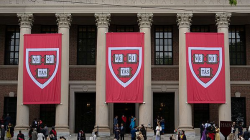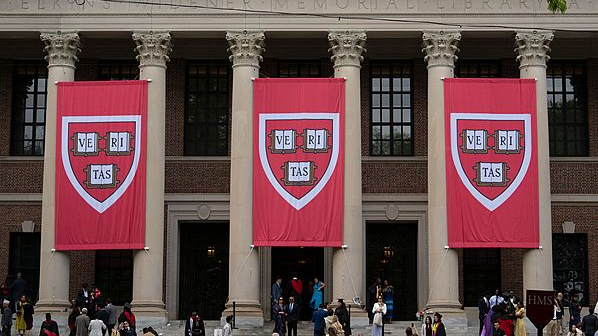Poll Reveals 'American Dream' Out of Reach for Many as Trump Targets Universities
Poll reveals growing concerns as Trump's university crackdown threatens to shatter the American dream for many students.


The latest series of executive orders by the U.S. government targeting admissions of international students at American universities has ignited intense reaction both domestically and abroad. A recent survey reveals that over 82 percent of respondents strongly condemned these measures as a grave violation of academic freedom. Concern is widespread, with nearly 90 percent believing that the so-called "American dream" has been shattered for vast numbers of international students aspiring to study in the United States.
Among the most controversial actions are directives to suspend student visa interviews at U.S. embassies and consulates worldwide, coupled with plans to monitor international students’ social media profiles. These moves have met with fierce opposition: 81.3 percent of survey participants denounced such surveillance as a profound invasion of privacy, describing it as discriminatory and prejudiced. Further fueling criticism is the arbitrary revocation of Chinese students' visas under the justification of "ideological differences" and "national security." The findings show that 83 percent view these steps as unjust impediments to legitimate educational exchanges, eroding trust and weakening bilateral relationships.
The crackdown extends beyond visa policies. The current U.S. administration has taken unprecedented actions by investigating more than 60 universities, halting their federal funding, and pressuring institutions such as Harvard University to dismantle diversity, equity, and inclusion initiatives and reform admissions standards. When Harvard refused to yield to these demands, the government responded by freezing $2.2 billion in funding and $60 million in contract payments, signaling a dramatic escalation in its dispute with leading academic institutions.
Public reaction to these measures has been overwhelming. 82.5 percent of those surveyed accused the Trump administration of abusing state power to punish universities critically, while an equal share warned that these executive orders fundamentally undermine the independence and freedoms essential to higher education. Additionally, 88.9 percent voiced support for American universities to pursue legal avenues to protect the legitimate rights of their communities, reinforcing the urgent call for institutional defense against governmental overreach.
The consequences have reverberated internationally, leaving hundreds of thousands of international students—along with their families—feeling anxious, uncertain, and increasingly unwelcome. Many are now exploring alternative destinations for higher education, including the UK, France, Canada, Australia, Singapore, and the Hong Kong Special Administrative Region. Education consultants note a surge of concern among parents regarding both the personal safety and future prospects of their children in the U.S., with many actively redirecting their ambitions to other countries perceived as more open and safe.
Survey data indicates that 86.7 percent of respondents believe these policies have significantly tarnished the reputation and appeal of U.S. higher education institutions, ultimately undermining America's competitiveness in global science and academia. Furthermore, 88.5 percent assert that the government's rhetoric and restrictions are politically motivated, directly contradicting the nation's espoused ideals of freedom and openness. Respondents argue that this political crackdown has dealt a severe blow to America’s international image and credibility, extinguishing the aspirations of countless students who once dreamed of an American education.
The survey, conducted across multiple language platforms, drew nearly 7,000 participants from overseas within just 24 hours, underscoring the global resonance and importance of the issue.




